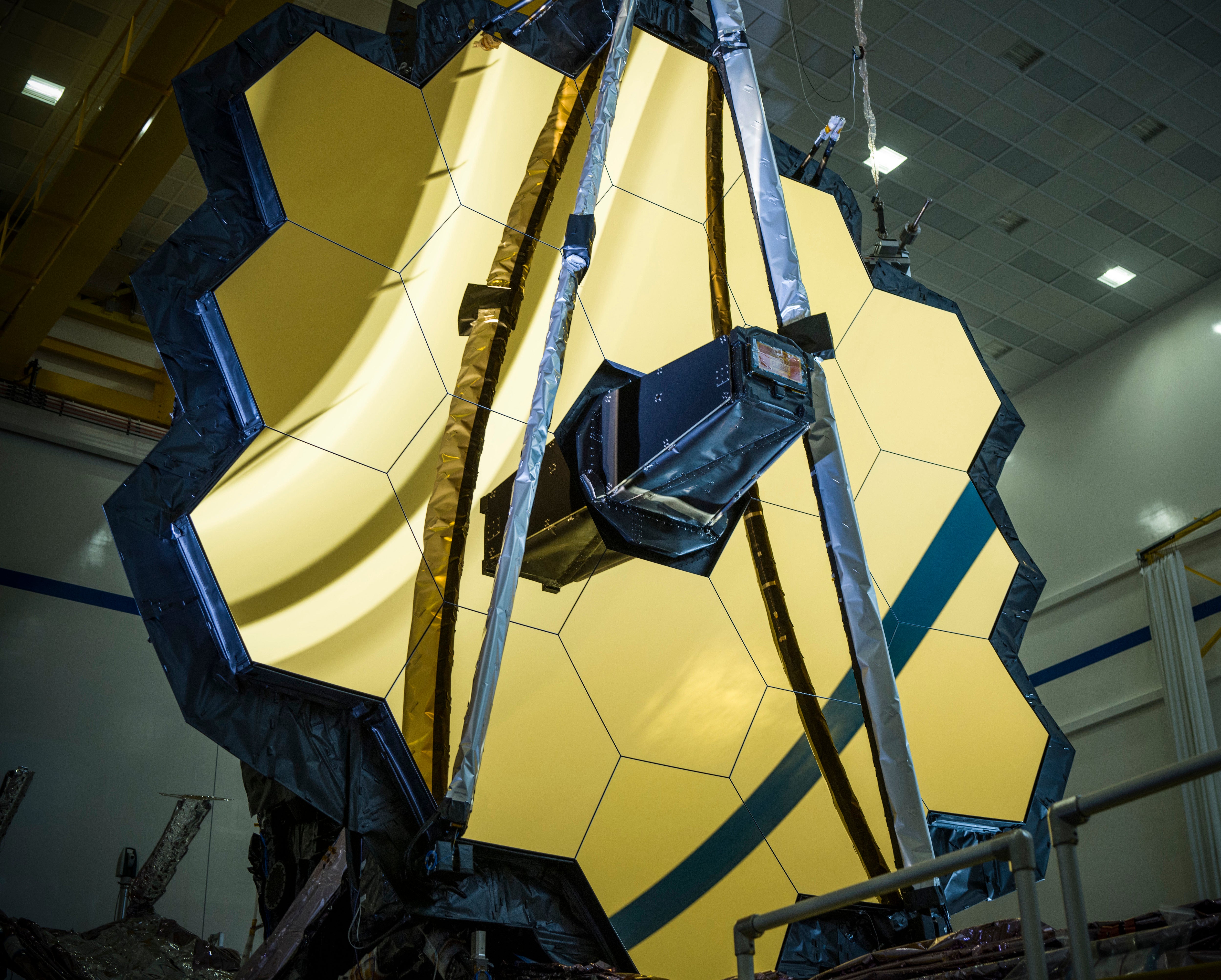High wind postpones launch of NASA's newest space telescope
High wind will keep NASA's newest space telescope on the ground for at least another day

Your support helps us to tell the story
From reproductive rights to climate change to Big Tech, The Independent is on the ground when the story is developing. Whether it's investigating the financials of Elon Musk's pro-Trump PAC or producing our latest documentary, 'The A Word', which shines a light on the American women fighting for reproductive rights, we know how important it is to parse out the facts from the messaging.
At such a critical moment in US history, we need reporters on the ground. Your donation allows us to keep sending journalists to speak to both sides of the story.
The Independent is trusted by Americans across the entire political spectrum. And unlike many other quality news outlets, we choose not to lock Americans out of our reporting and analysis with paywalls. We believe quality journalism should be available to everyone, paid for by those who can afford it.
Your support makes all the difference.Dangerously high wind will keep NASA’s newest space telescope on the ground for at least an extra day, with the launch now targeted for Saturday — Christmas Day — at the earliest.
NASA announced the latest delay Tuesday. Upper-level high wind could force a rocket off-course or even damage or destroy it.
The James Webb Space Telescope will soar from French Guiana on South America’s northeastern coast, aboard a European Ariane rocket. Launch managers will meet again Wednesday to assess the weather.
The $10 billion infrared observatory is considered the successor to the Hubble Space Telescope, in orbit since 1990.
During a news conference Tuesday, NASA officials said the rocket and telescope were in good shape, and that the only lingering, though tolerable problem was an intermittent communication relay between the two. The issue earlier forced a two-day delay; a clamp that inadvertently jolted the telescope at the launch site had prompted a four-day slip.
These last-minute snags come after years of delays and cost overruns for Webb, the biggest and most powerful science observatory ever built for space.
NASA is partnering with the European and Canadian space agencies on the project.
___
The Associated Press Health and Science Department receives support from the Howard Hughes Medical Institute’s Department of Science Education. The AP is solely responsible for all content.